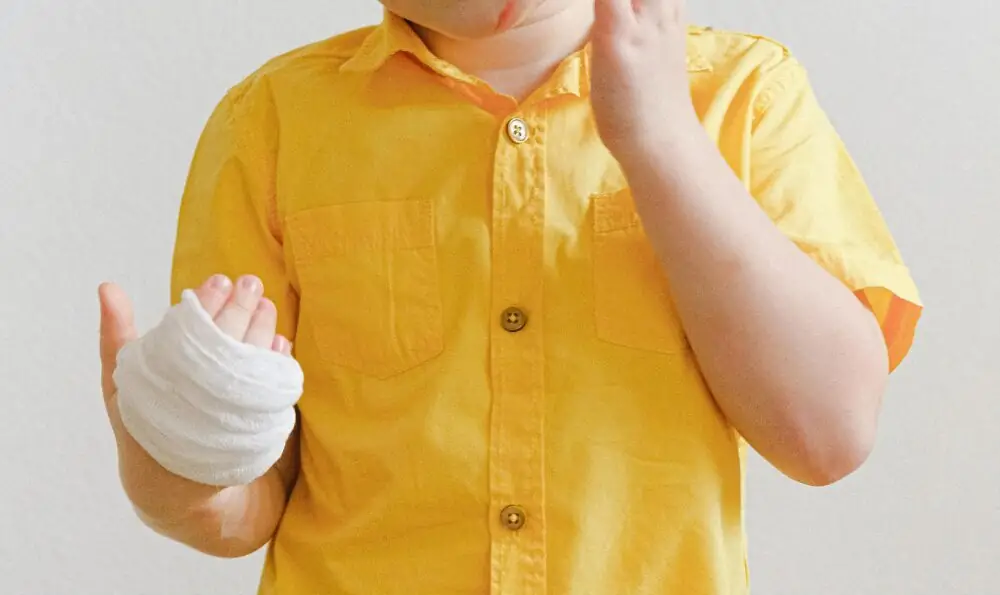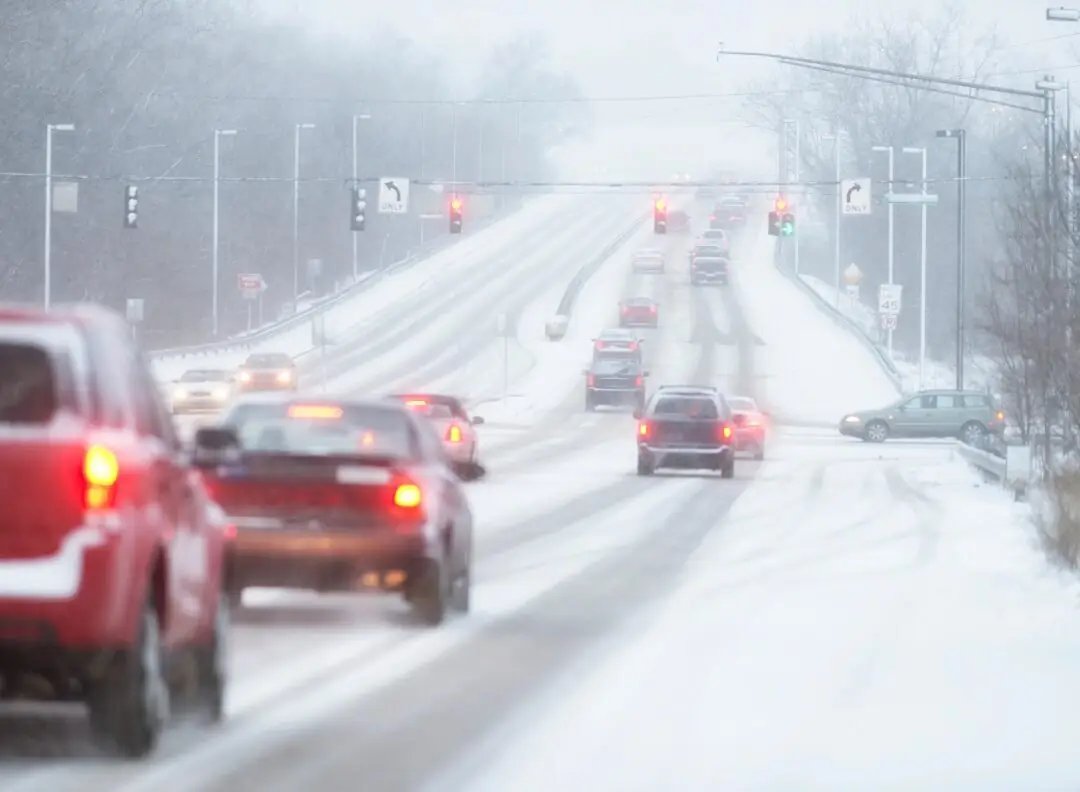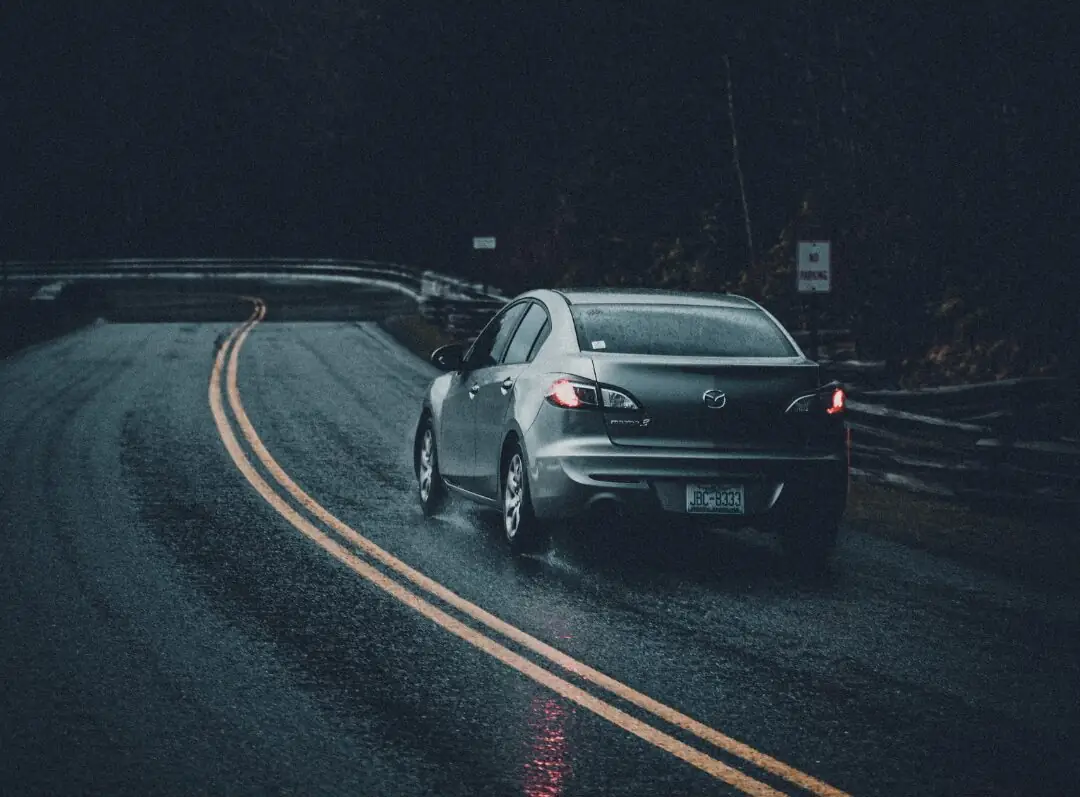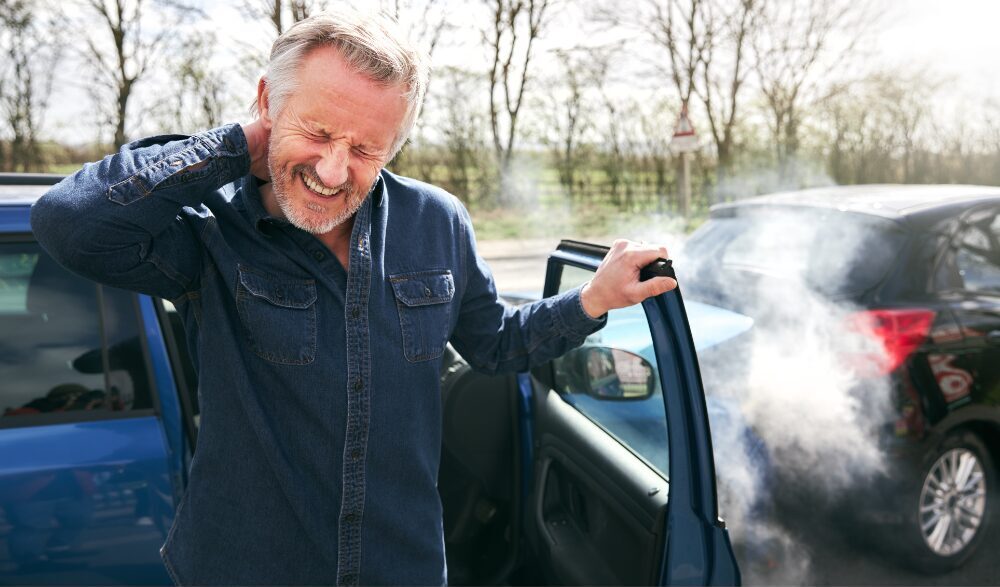
By Lizzy Swanberg | Associate | Burlington / Mount Vernon Office
No parent ever expects their child to be injured in a car crash. It’s a deeply unsettling experience that brings fear, confusion, and an overwhelming number of questions. In the moments after the collision, and in the days that follow, knowing how to respond can make a meaningful difference in your child’s physical recovery and your family’s financial future.
Understanding what to do, what your rights are, and how compensation works in cases involving children can help protect your loved one’s well-being and long-term needs.
Immediate Steps After a Collision Involving a Child
If your child was in a vehicle that was hit, whether as a passenger or pedestrian, your first priority should be medical attention. Even if there are no visible injuries, children can suffer from internal trauma or delayed symptoms. Contact your pediatrician within 24 hours.
Other steps to take:
- Call 911 and report the collision.
- Document the scene, including the vehicle damage, road conditions, and contact information for witnesses.
- Do not admit fault or speculate about what happened.
- Save all receipts related to care, including over-the-counter supplies or follow-up appointments.
Common Injuries Children Experience in Car Accidents
Children’s bodies are still developing. This means they may be more vulnerable to certain injuries. Some of the most common include:
- Concussions or traumatic brain injuries (TBI)
- Fractures and broken bones
- Spinal cord or neck injuries
- Psychological trauma such as anxiety or PTSD
- Internal injuries that may not be immediately visible
Even if a child appears OK at the scene, symptoms such as persistent headaches, sleep issues, or behavior changes may emerge in the following days. Keeping a detailed log of symptoms can be helpful for both doctors and attorneys later.
Can You Receive Compensation for a Child’s Injuries?
In short, yes. Under personal injury law, children have the same right to compensation as adults. Compensation can include:
- Medical expenses, including future treatment needs
- Pain and suffering (both physical and emotional)
- Loss of enjoyment of life
- Parental lost wages from taking time off work
- Special education or mental health support, if needed
Because minors can’t file lawsuits on their own, a parent or legal guardian typically files a claim on their behalf. In most states, the statute of limitations is paused until the child turns 18 but acting earlier can make a stronger case.
What If the Injury Wasn’t Obvious Right Away?
Some injuries, especially internal injuries or emotional trauma after a car accident, may not appear until days or even weeks later. That doesn’t mean you’ve lost your chance to take legal action. What matters is that you sought timely medical care and can show that your child’s injury is connected to the car crash.
If new symptoms surface, like trouble sleeping, headaches, mood changes, or academic struggles, keep a written record and contact your child’s doctor. An experienced child injury attorney can help connect the dots between the collision and the delayed effects, strengthening your car accident injury claim.
Talk to an Attorney Who Handles Injury Cases Involving Children
Cases involving injured children demand a thoughtful, compassionate approach and a clear strategy to secure support for the road ahead. If your child was hurt in a car accident as a passenger, pedestrian, or bicyclist, you may be entitled to compensation for medical expenses, emotional harm, and future care needs. Lizzy Swanberg, an associate at GLP Attorneys, brings both legal insight and empathy to families navigating the aftermath of serious collisions. She works closely with clients to hold negligent drivers accountable and to help ensure injured children receive the care and compensation they deserve.
To schedule a free consultation, call 800.273.5005. GLP Attorneys is here to help your family move forward safely with support.



